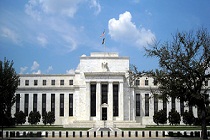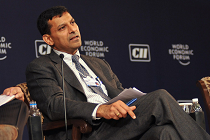The imperative for a sustainable financial system
The global financial system has been driven by the search for profit, but serious flaws surfaced in such a myopic approach. Now, sustainable finance’s time has come—and investment decisions will benefit from integrating environmental, social and governance factors









